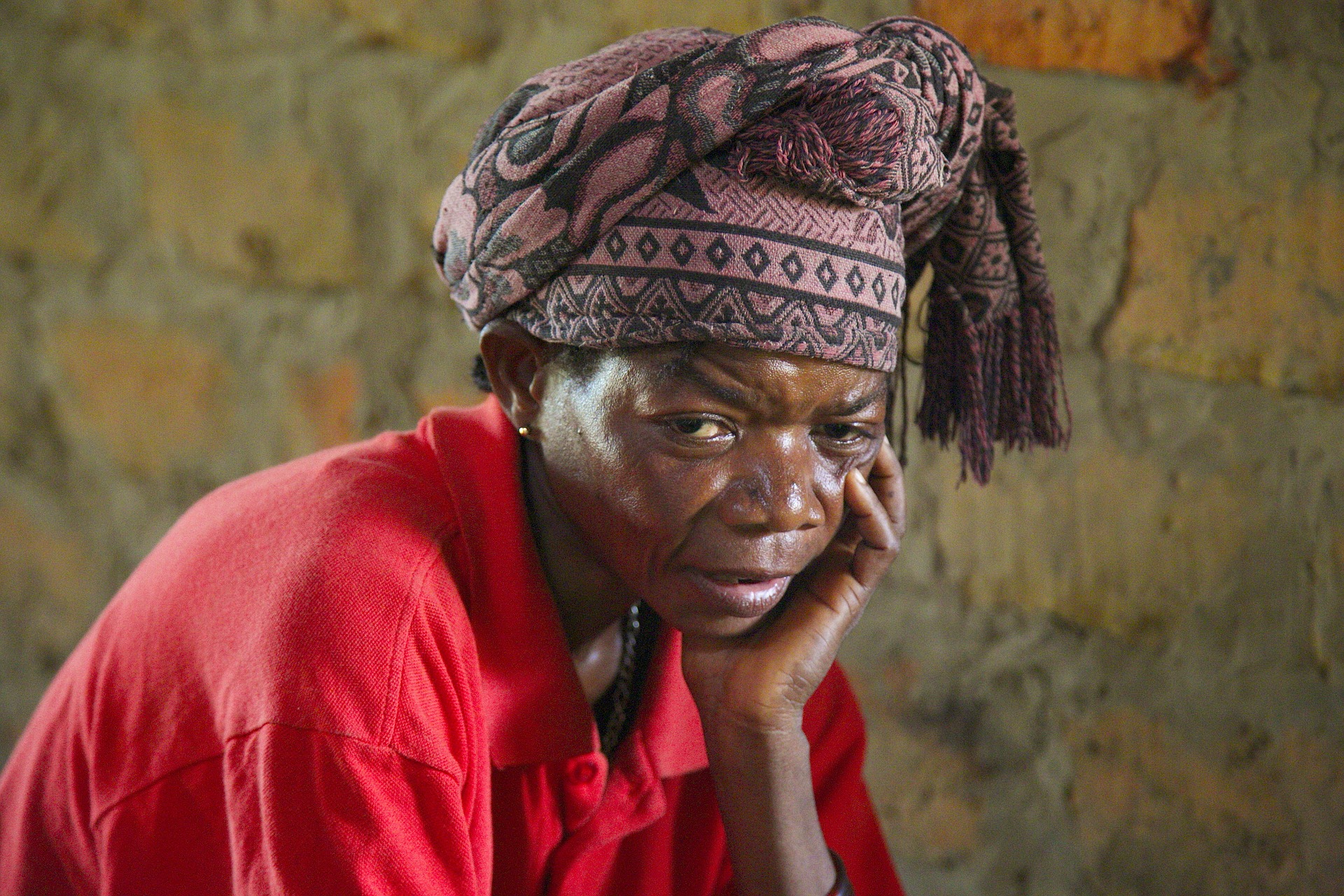Unstructured interviews: Congo Refugees
 The following is a sample Paper 3 that looks at unstructured interviews. Below you will first find the stimulus piece, followed by the static questions. A copy of the mock paper is included to give students as an in-class assessment.
The following is a sample Paper 3 that looks at unstructured interviews. Below you will first find the stimulus piece, followed by the static questions. A copy of the mock paper is included to give students as an in-class assessment.
Potential answers are included in the hidden boxes below.
Stimulus piece
Africa is the site of many refugee camps where people displaced by war are taken care of by non-governmental agencies such as the Red Cross, UNICEF or the UNHRC. These agencies are often responsible for providing programs and services to improve refugees’ quality of life and health in these temporary camps. Pavlish (2007) carried out a study of Congolese refugees living in displaced persons’ camps in Rwanda. The research used unstructured interviews to examine the life experiences as told by male and female Congolese refugees residing in a refugee camp in Rwanda.
Two Congolese community health workers were asked by the researchers to select potential participants from various categories, such as frequent visitors to the health clinic, marginalized groups in the camp or families with children.
During the first interview, the researcher asked participants to describe memories and anecdotes about significant events and people in participants’ past and present lives, as well as stories about their ordinary days. The participants were allowed to tell their stories and anecdotes; the researcher would ask for clarification when it was needed to assist with understanding. The researcher might also ask for more detail.
The second interview was conducted within three days of the first interview. During the second interview, the researcher first reviewed the topics participants described during their initial interview. The researcher then asked the participant for additional information and anecdotes about those topics.
The interviews were transcribed and a systematic content analysis was conducted. The interviews were separated by gender.
The researcher found that women’s experiences showed themes of leaving the good life behind, worrying about their daughters, feeling ambivalent about marriage and lacking hope. Men’s experiences revealed themes of leaving the good life behind, having no peace in the heart and fearing the future. Listening to refugee voices provides an opportunity for organizations to create services that pertain closely to refugees’ life experiences.
Questions
1a. Identify the method used and outline two characteristics of the method.
1b. Describe the sampling method used in the study.
1c. Suggest an alternative or additional research method giving one reason for your choice.
Another possible approach would be to use a focus group. This would allow the researchers to get information from more members of the camp in a shorter period of time. It would also allow the participants to hear others and potentially enrich their own personal responses.
A questionnaire would probably not be a very good choice here as it is highly probable that there would be literacy issues.
A case study would also be possible. This would allow the researchers to see change over time; however, it would also be very time consuming to study a large number of people and it may not allow for as much generalization as a series of individual interviews.
2. Describe the ethical considerations that were applied in the study and explain if further ethical considerations could be applied.
3. Discuss the possibility of generalizing/transferring the findings of the study.
It is questionable whether the findings can be generalized to the population from which the sample was drawn. We do not know from the description above how the aid workers chose the participants for the study. Although there were certain traits that were required to be interviewed, because of the way that the participants were chosen, we cannot generalize to the population. In addition, we have no clear knowledge of the size of the sample. Finally, the traits that they were looking at could be seen as leading to a certain type of participant. They had come to the health center, had children or were seen as "marginalized." One would have to know how this reflected the diversity of the camp's population in order to get a sense of any potential bias in the sample. People who come to the health center, for example, may have health concerns that make their transition to the camp even more difficult.
The goal of the researchers is to collect data to generalize to other displaced people centres. In order for it to be "transferable," it would be essential for the researchers to clearly describe the situation and conditions of the camps. The extent to which another camp would be similar to this situation would determine the extent to which some generalization would potentially be possible. For example, if the Congolese have fled because of attempted genocide, then this is different from a camp in which people are fleeing hunger or political chaos. The religion, socioeconomic status or culture of the sample could also influence the findings. Average size of family could also make a difference - and whether the whole family was out of Congo or only an adult member of the family. Collectivistic cultures may have more social support, an important protective factor for mental health. The more similar that this sample is to other populations in refugee or displaced persons' camps, the more confidently you can generalize the findings.

 IB Docs (2) Team
IB Docs (2) Team
